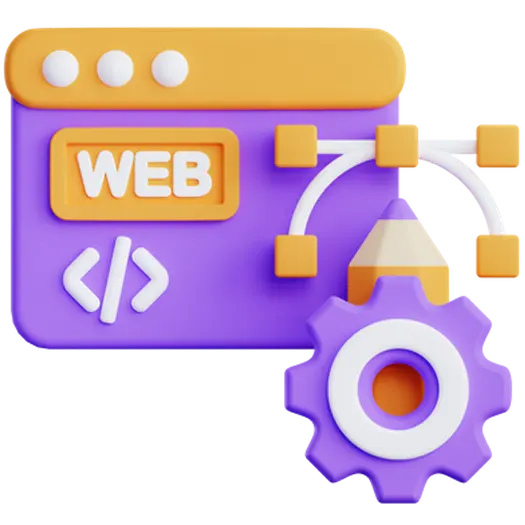In today’s modern business ecosystem, system integration is the key to creating efficiency and data consistency. One increasingly popular system combination is the integration of Travel Management Systems (TMS) with Enterprise Resource Planning (ERP). When combined, companies benefit from smoother workflows, improved expense transparency, and greater accuracy in financial data.
With the growing demand for business travel, companies need systems that not only record transactions but also provide full control over the entire process—from booking to financial reporting. This is where TMS and ERP integration offers a comprehensive solution.

The Importance of Integrating TMS with ERP
Large companies typically use ERP systems to manage finance, accounting, and human resources. However, without integration with a Travel Management System (TMS), business travel expenses are often recorded manually or separately. This results in:
- Data duplication and manual entry errors
- Delays in financial reporting
- Potential misuse of travel budgets
- Lack of transparency and oversight from management
With proper integration, all travel-related information — from tickets and accommodations to reimbursements — is automatically and in real-time recorded within the ERP system.
Key Benefits of Integrating Travel Management System with ERP
- Centralized Data Management
All travel transactions are directly connected to the finance and HR modules. This makes auditing, budget tracking, and cost planning much easier and more accurate. - Automated Reimbursement Process
Employees simply upload expense receipts via the TMS, and the data is automatically transferred to the ERP for seamless reimbursement processing. This reduces wait times and administrative burdens. - Budget and Company Policy Compliance
The system can issue alerts when policy violations occur and prevent bookings that exceed divisional budgets or specific job level limits. - Real-Time Reporting and Analytics
Management can instantly access travel cost reports, spending trends, and budget utilization efficiency through the ERP dashboard integrated with the TMS. - Enhanced Employee Experience
With an integrated system, the travel process becomes easier, faster, and less confusing, positively impacting employee productivity and satisfaction.
Key Features of the Best Travel Management System
- Multi-channel integration (GDS, OTA, and manual input)
- Automated approval workflow based on organizational hierarchy
- Visa and travel document management
- Digital expense reporting and reimbursement
- Mobile access for on-the-go approvals
- API for integration with ERP, HRIS, and accounting systems
- Automatic notifications for itinerary and schedule changes
- Centralized business travel and claims management module
- Travel carbon footprint tracking (carbon footprint monitoring)
Case Study: Integration of Travel Management System and ERP in a Technology Company
An IT company in Southeast Asia integrated their Travel Management System with their SAP ERP system. The results:
- Travel expense claim processing time reduced from 3 days to 4 hours
- Travel policy compliance increased to 92%
- Travel management administrative costs decreased by up to 35%
Implementation Process
Identify Modules to Integrate
Such as finance, HR, logistics, or project management modules.
Use Standardized APIs
Modern TMS usually offers customizable APIs compatible with various ERPs like SAP, Oracle, Odoo, or NetSuite.
Data Testing and Validation
Ensure the data transferred between TMS and ERP is consistent and accurate.
User Training
Educate finance, HR, and travel management teams to become familiar with the new workflows.
Integration Challenges and How to Overcome Them
System Compatibility: Ensure your TMS and ERP support the same integration formats (REST API, SOAP, XML).
Data Security: Use encryption and multi-factor authentication for data exchange between systems.
Change Management: Involve all stakeholders from the beginning to prevent resistance to new processes.
Conclusion
Integrating your Travel Management System with ERP is a strategic move for businesses aiming to boost efficiency, transparency, and compliance in corporate travel. This integration not only saves time and reduces costs but also provides more accurate data for better decision-making.
Want your business travel system integrated with your company’s ERP? Contact us at www.doterb.com for a free demo and consultation.
